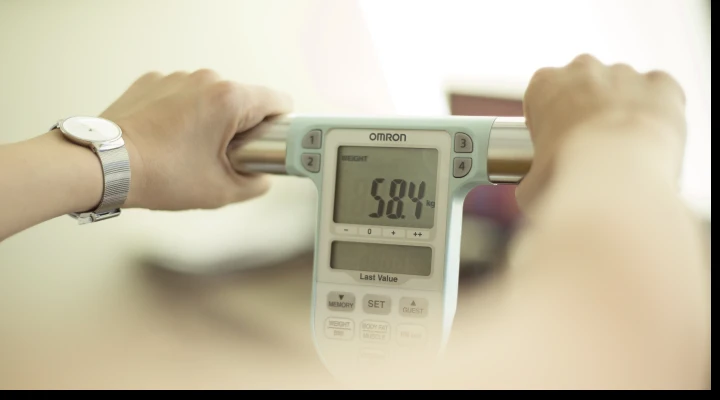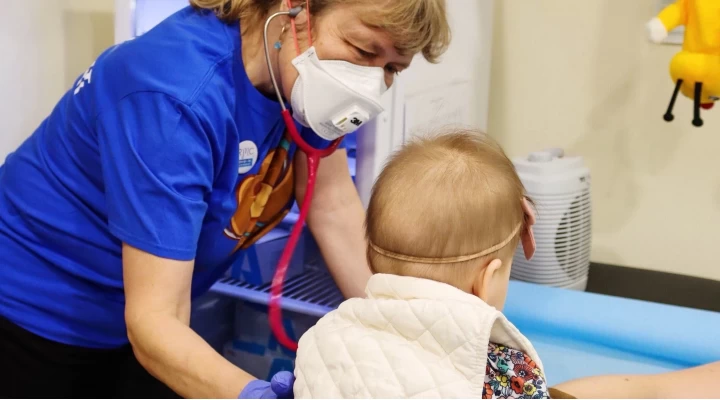Some 30 years ago, this symptom group was thought to be connected to upper respiratory tract viral infections, although similar complaints have been identified following infection with the Epstein-Barr virus and Lyme's disease. Today, these symptoms are often associated with post-Covid syndrome.
There is a wide scale of typical symptoms of chronic fatigue syndrome (CFS), from fairly mild to severe. While with milder symptoms it is difficult but still possible to carry out everyday activies, in severe cases some people may even find themselves confined to bed.
What symptoms indicate that someone might be suffering from chronic fatigue syndrome?
Any of the following symptoms:
Tiredness
- New, previously wasn't the case
- Prolonged (for more than six months) excessive fatigue
- No connection with intense physical exertion (e.g. exercise)
- Not relieved through rest
Exhaustion following exertion
- Worsening of symptoms after physical, intellectual or emotional stress
- Would previously have tolerated similar level of exertion
- Appears hours or days after exertion
- Lasts days, weeks or months
Sleep but don't feel well-rested
- Don't feel well-rested even after a full night's sleep
AND at least one of the following
- Cognitive dysfunction: issues with memory and executive function, brain fog
- Orthostatic intolerance (heart rate increases when climbing stairs)
- Symptoms worsen when in an upright position
- Uncertainty, dizziness, increased fatigue, collapse, worsening of brain fog
- Increase in heart rate, drop in blood pressure
What can you do?
During examinations, the patient often gets lost in a maze of specialties and is passed on from one doctor to the next, as typically it is not possible to cure complaints with targeted treatment. The discomfort caused by this condition can be reduced for specific symptoms, and certain results can be targeted to bring the patient to within the normal range (e.g. blood pressure).
People who suffer from this condition are often seemingly healthy individuals who are frustrated by a feeling of constantly running into walls and rejection. We would like them to know that with this condition, unfortunately there is no sure way to treat it. This means it is even more true than ever that the key to recovery is for the patient and doctor to work together as partners. Our post-Covid-19 packages can serve as an important starting point for achieving a long-awaited recovery or improvement in quality of life.









